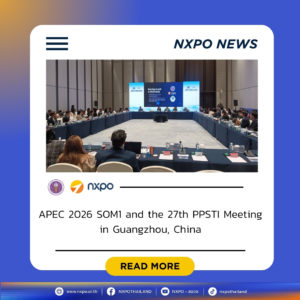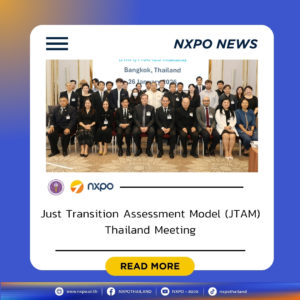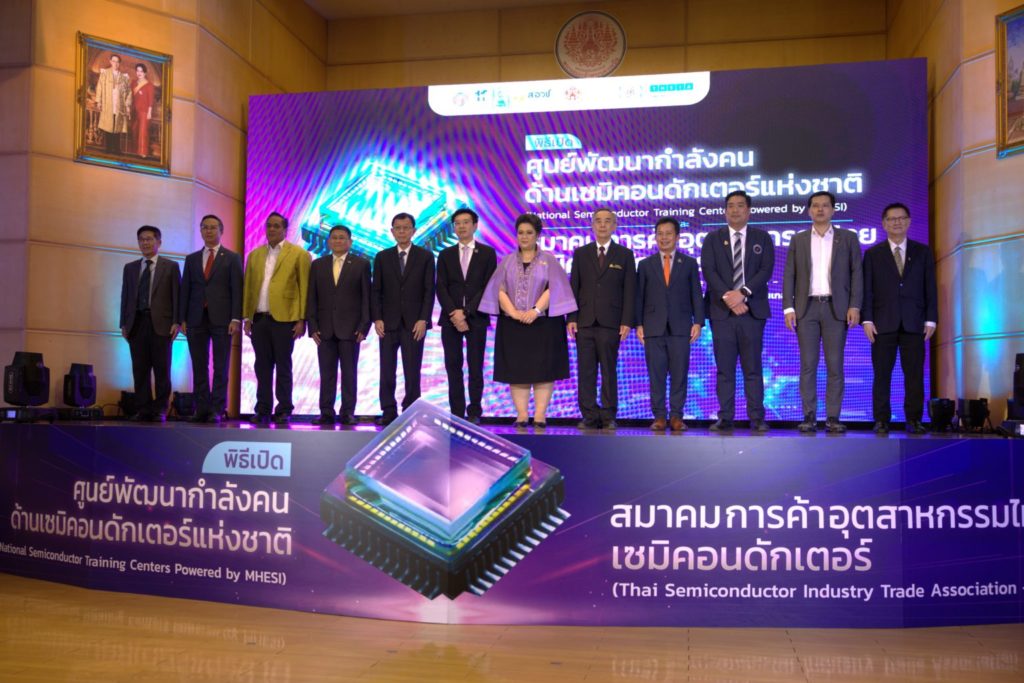
On 4 June 2025, Dr. Surachai Sathitkunarat, President of NXPO, participated in the opening ceremony of the National Semiconductor Training Centers (NSTCs) and the launch of the Thai Semiconductor Industry Trade Association (THSIA) at King Mongkut’s University of Technology North Bangkok (KMUTNB). The event was presided over by Ms. Supamas Isarabhakdi, Minister of Higher Education, Science, Research and Innovation (MHESI), and attended by Prof. Dr. Supachai Pathumnakul, Permanent Secretary of MHESI; Dr. Punpermsak Aruni, Assistant Permanent Secretary; and senior executives from MHESI’s affiliated agencies.
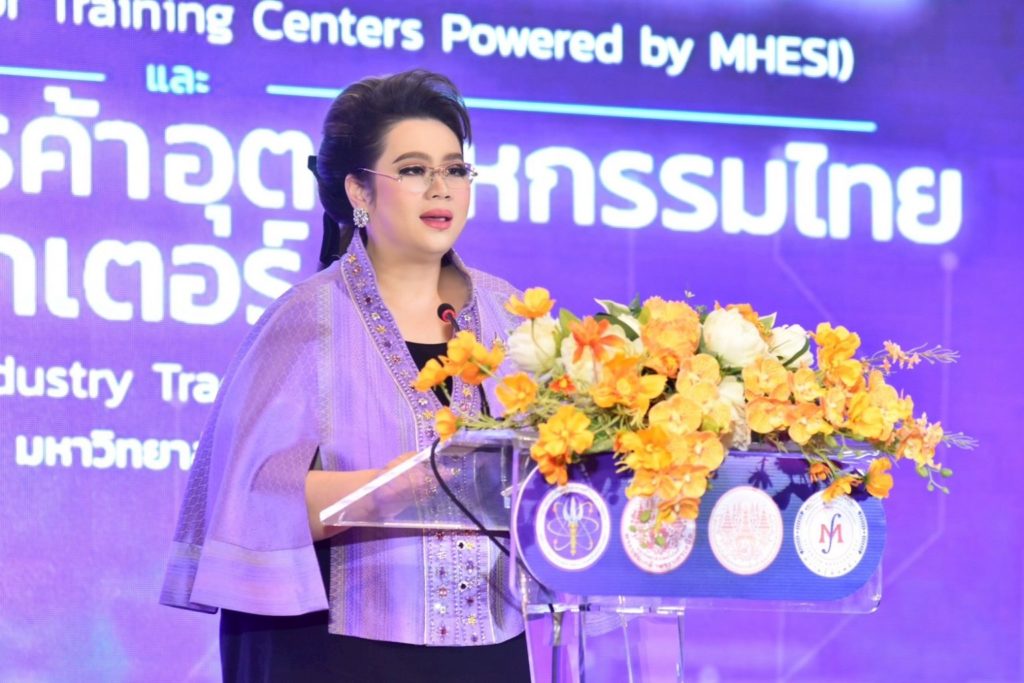
In her remarks, Minister Supamas emphasized that semiconductors are among the global strategic industries, playing a vital role in driving future technological advancements. She stressed that Thailand must accelerate its participation in this industry to position it as a new national growth engine. Achieving this requires developing a highly skilled workforce to meet the needs of domestic companies and attract future foreign investment.
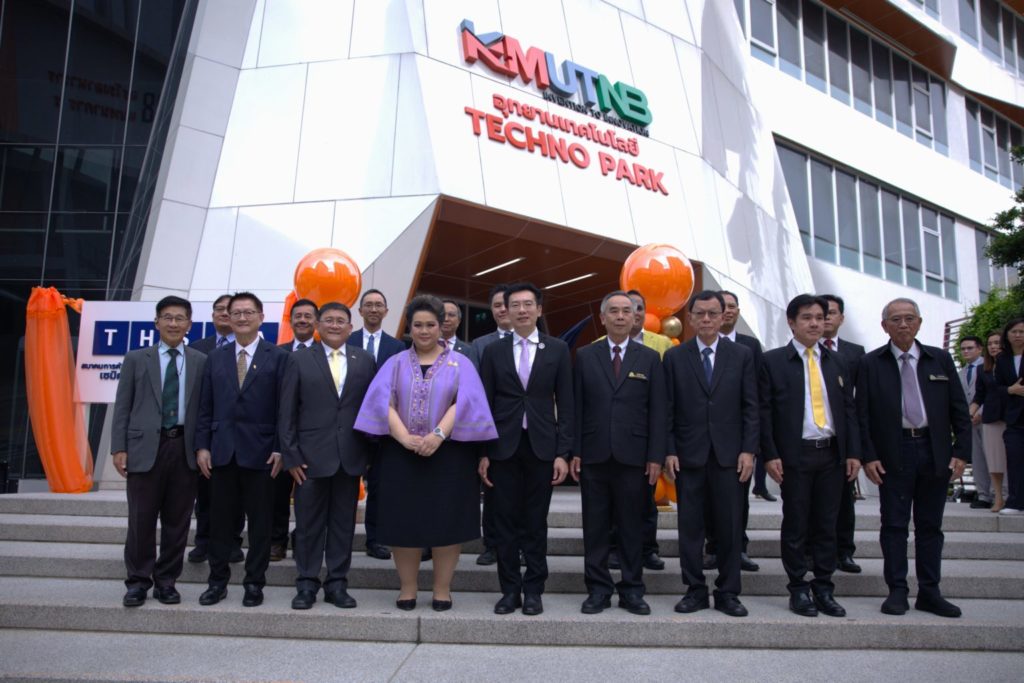
“Our ‘MHESI for Semiconductor’ policy sets a target to develop 80,000 highly skilled personnel between 2026 and 2030. This initiative integrates collaboration across government agencies, educational institutions, the private sector, and leading international organizations. Key programs include the Semiconductor Bootcamp for third- and fourth-year students, specialized semiconductor engineering programs, short courses for upskilling and reskilling, a Train-the-Trainer program for lecturers and researchers, and targeted doctoral scholarships in IC Design. The National Semiconductor Training Centers will serve as central platforms for workforce development and foster collaboration with both domestic and international industry and academia. This plan will help position Thailand within the global semiconductor value chain and advance the national economy,” Minister Supamas stated.
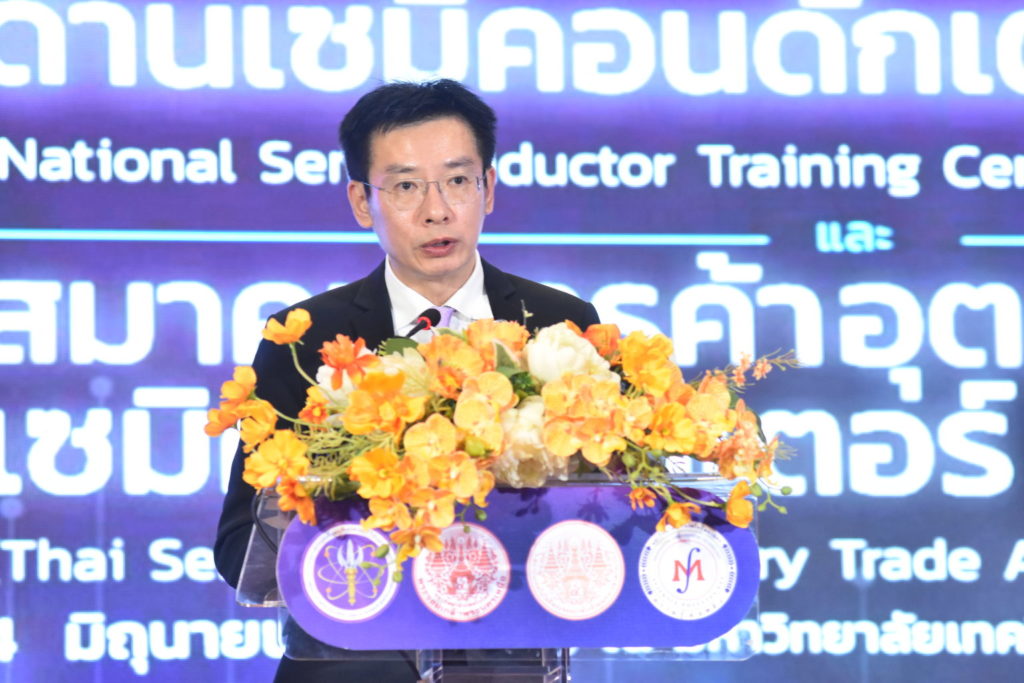
Dr. Supachai added that MHESI is proactively advancing workforce development in the semiconductor and advanced electronics industries through an integrated plan in close partnership with all sectors. The National Semiconductor Training Centers will act as a coordination hub, setting strategic directions and supporting activities in curriculum development, training, and research. The initial phase involves three core institutions, each bringing distinct expertise to ensure workforce development covers the entire semiconductor value chain:
- King Mongkut’s Institute of Technology Ladkrabang (KMITL) – specializing in IC testing and leading a network of higher education institutions implementing Semiconductor Engineering Sandbox programs.
- KMUTNB – focusing on IC packaging and fostering collaboration with domestic industries.
- Mahanakorn University of Technology – emphasizing IC and PCB layout design and establishing partnerships with overseas institutions.
“In 2025, we aim to train at least 1,200 skilled personnel while expanding our network to include over 10 local and international companies and institutions. MHESI is committed to driving the National Semiconductor Training Centers as a core mechanism for systematically developing a high-capacity workforce to strengthen Thailand’s semiconductor industry,” Dr. Supachai affirmed.
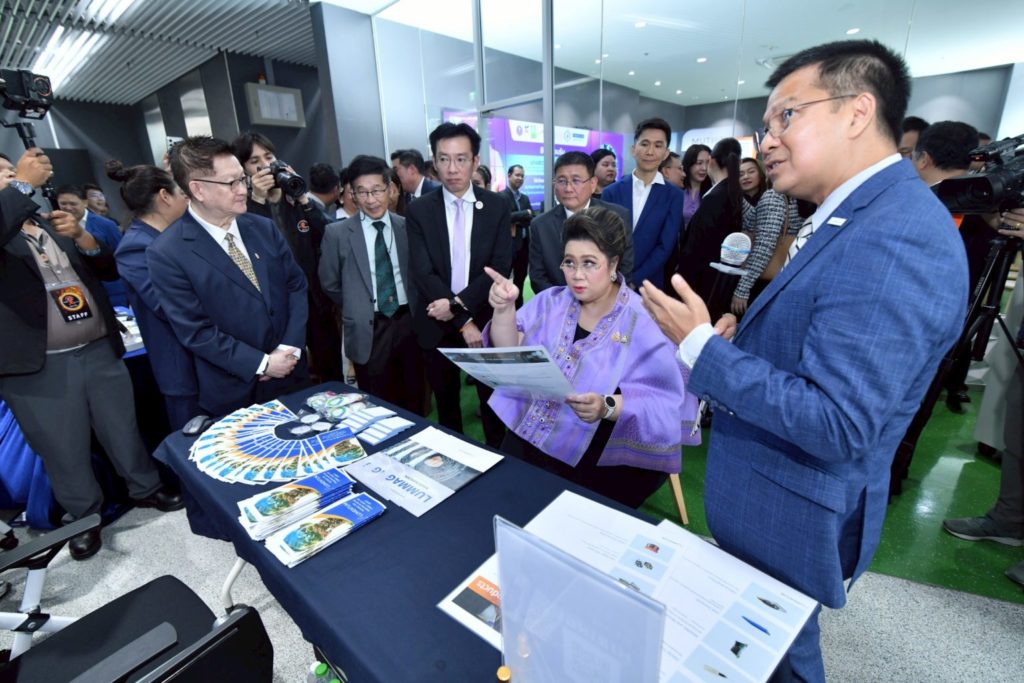
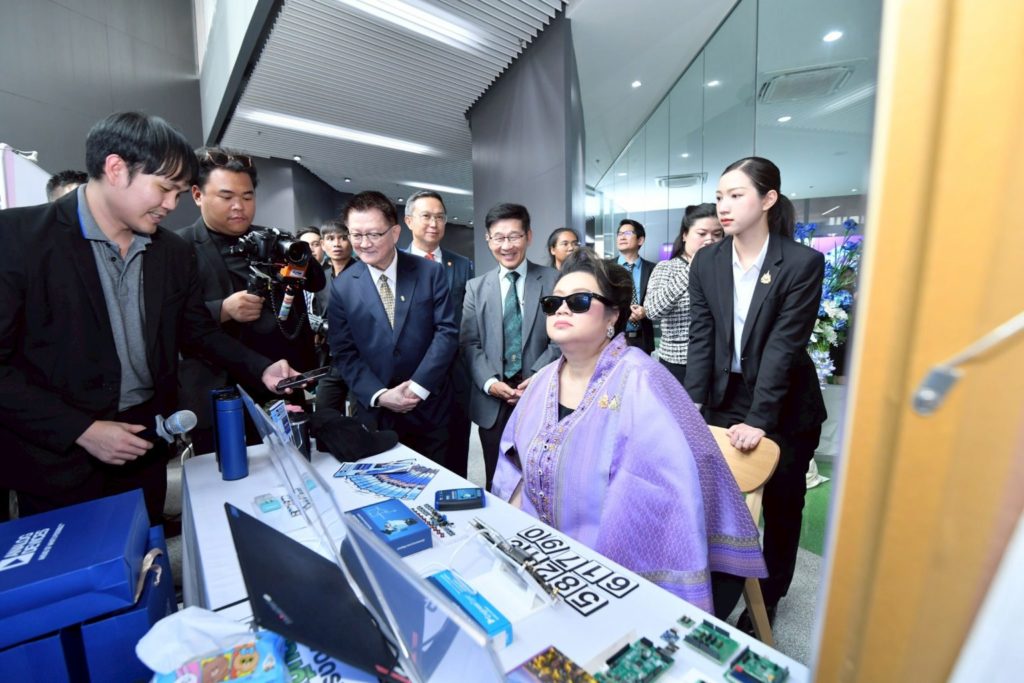
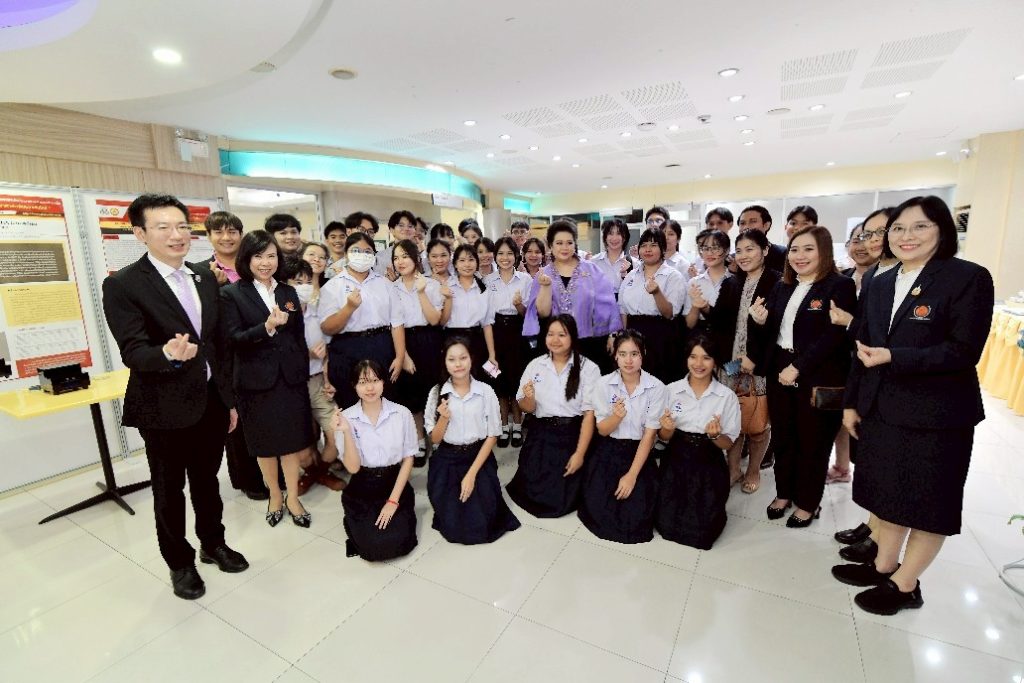
Dr. Surachai Sathitkunarat noted that NXPO has conducted a strategic analysis to identify Thailand’s potential areas of focus within the semiconductor industry. This has shaped MHESI’s positioning strategy, which extends beyond workforce development to establishing a foundation for long-term industry growth. The strategic priorities include:
- IC Design – nurturing IC designers and cultivating technology innovators.
- Wafer Fabrication – developing interdisciplinary talent to support technology transfer and production processes.
- Assembly, Testing, and Packaging (ATP) – increasing the number of research personnel to support the expansion of R&D centers in Thailand.


